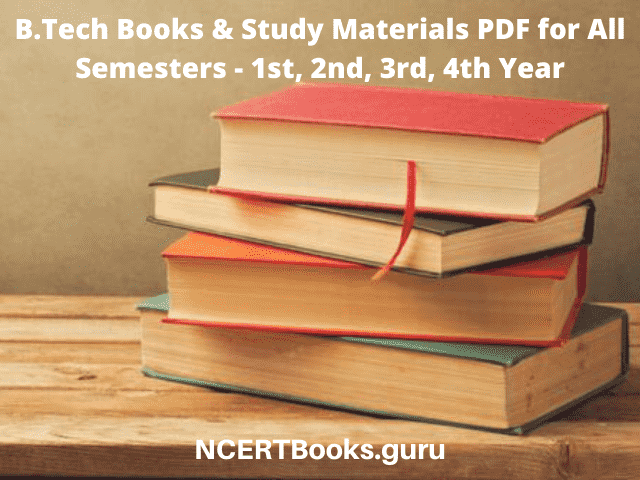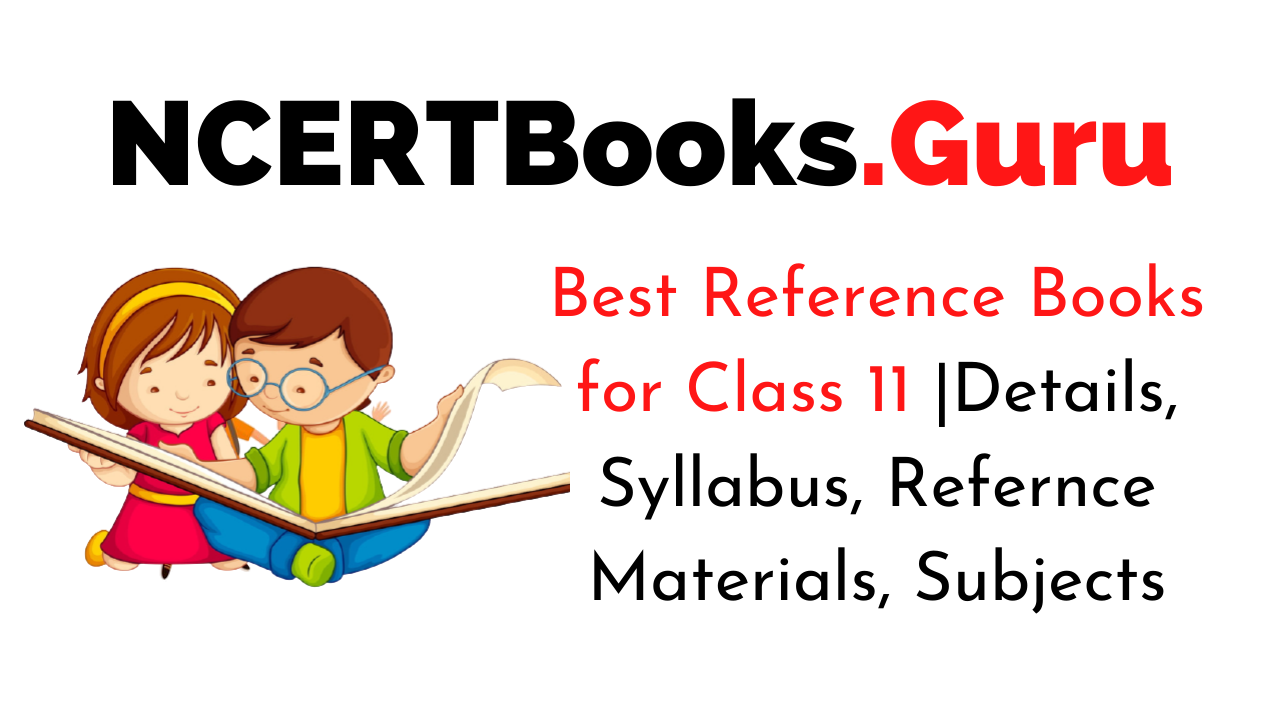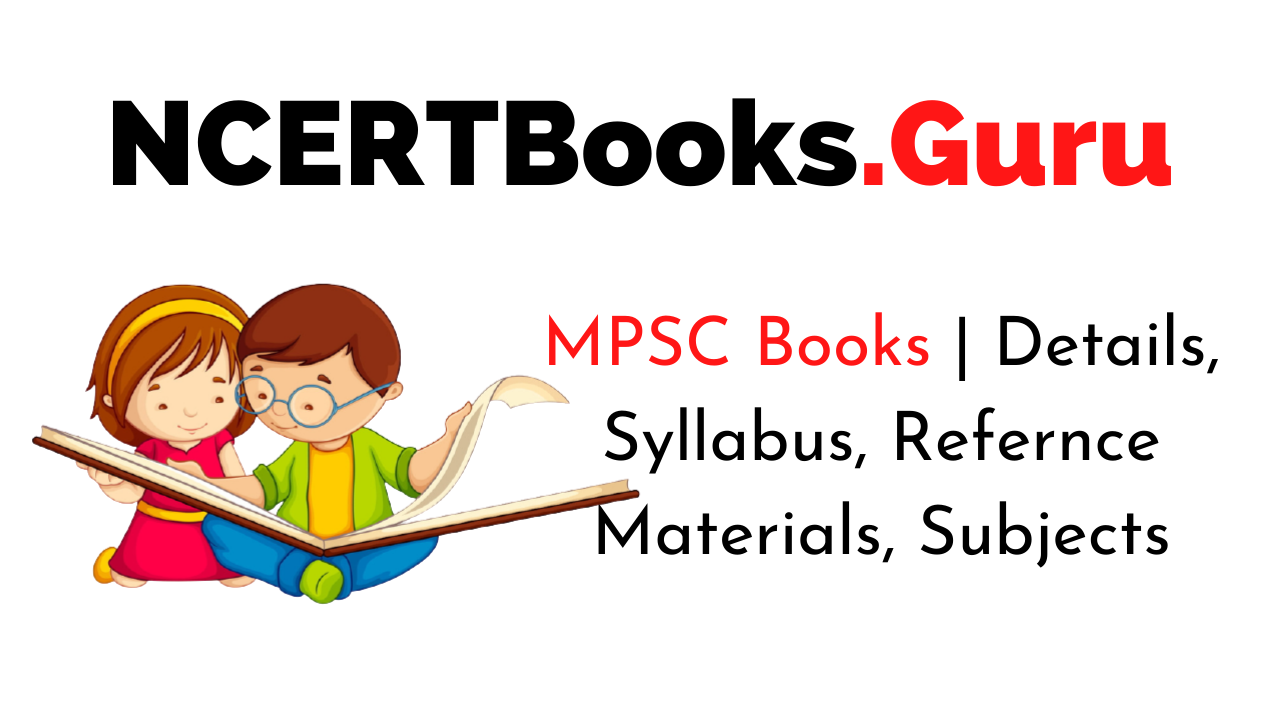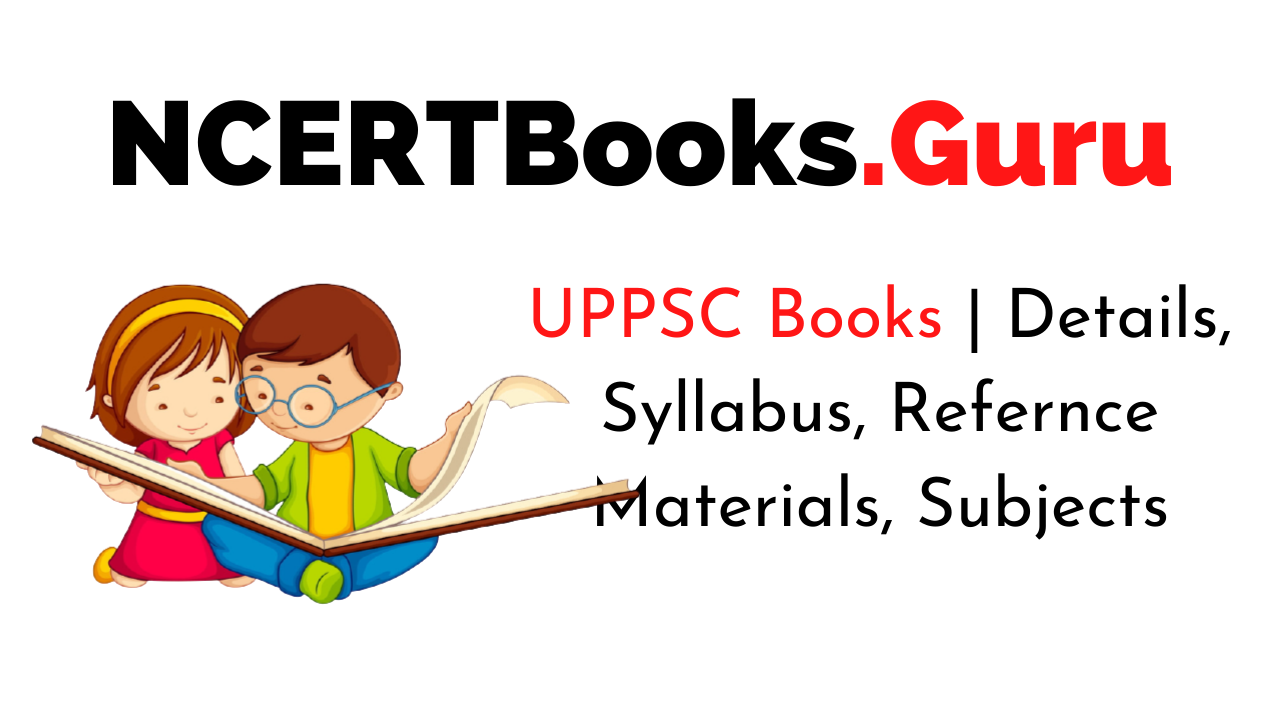International Reasoning & Mental Ability Olympiad [IRAO]: International Reasoning & Mental Ability Olympiad [IRAO] is an international level examination that is conducted annually. It is an aptitude test for the students. The SilverZone foundations annually hold the International Reasoning & Mental Ability Olympiad [IRAO] which is open to students from Standard III to standard XII.
Get to Know More about other types of Silverzone Olympiads and their details from here.
The International Reasoning & Mental Ability Olympiad [IRAO] will take place on January 21st, 2021. It is an online computer-based test.
- International Reasoning & Mental Ability Olympiad [IRAO] 2020 Highlights
- International Reasoning & Mental Ability Olympiad [IRAO] 2020
- International Reasoning & Mental Ability Olympiad [IRAO] 2020 Registration
- International Reasoning & Mental Ability Olympiad [IRAO] 2020 Syllabus
- International Reasoning & Mental Ability Olympiad [IRAO] 2020 Sample Paper
- International Reasoning & Mental Ability Olympiad [IRAO] 2020 Admit Card
- International Reasoning & Mental Ability Olympiad [IRAO] 2020 Results
- International Reasoning & Mental Ability Olympiad [IRAO] 2020 Fee Structure
- International Reasoning & Mental Ability Olympiad [IRAO] Reference Books
International Reasoning & Mental Ability Olympiad [IRAO] 2020 Highlights
The International Reasoning & Mental Ability Olympiad [IRAO] 2020 is a global or international level examination. One of the main aims of the International Reasoning & Mental Ability Olympiad [IRAO] is to test the skills and grow the knowledge of students in reasoning and mental ability.
The International Reasoning & Mental Ability Olympiad [IRAO] 2030 highlights are in the following table.
| Exam Name | International Reasoning & Mental Ability Olympiad [IRAO] |
| Conducting Body | SilverZone Foundation |
| Frequency of conduction | Annually |
| Category | Overview |
| Exam- level | Beginner |
| Date of Exam | January 21st, 2020. |
| Mode of Application | Offline |
| Mode of Examination | OMR or Computer-Based Test Full |
| Language | English |
| Exam Duration | One hour |
International Reasoning & Mental Ability Olympiad [IRAO] 2020
The International Reasoning & Mental Ability Olympiad [IRAO] is an international level Olympiad. Students from all over the world can register for the International Reasoning & Mental Ability Olympiad [IRAO] 2020 exam.
It’s an examination that tests and questions the reasoning and mental ability of the students who register for the exam. The students need to register at their respective schools before the examination. International Reasoning & Mental Ability Olympiad [IRAO] 2020 is an exam that will increase their knowledge and reasonability skills.
International Reasoning & Mental Ability Olympiad [IRAO] 2020 Registration
The registration for the International Reasoning & Mental Ability Olympiad [IRAO] 2020 is open and accessible for all the students to apply. Registration of the form is sent to the school, where the students can register for the exam. For the International Reasoning & Mental Ability Olympiad [IRAO], no individual registrations are encouraged.
- Date of Registration: The last date to register for the International Reasoning & Mental Ability Olympiad [IRAO] 2020 exam is October 31st, 2020.
- Registration Fee: A payable fee amount of Rs. 155 per student (US$8 for students from international schools) is payable by each participating student registering for the International Reasoning & Mental Ability Olympiad [IRAO] 2020. Payment of fees can be made through Demand Draft or Online Transfer.
International Reasoning & Mental Ability Olympiad [IRAO] 2020 Syllabus
Students from standard from classes III and XII are eligible for the International Reasoning & Mental Ability Olympiad [IRAO] 2020. The syllabus for the International Reasoning & Mental Ability Olympiad [IRAO] 2020will differ from class to class.
The syllabus is given below mainly focuses on questions based on reasoning and mental ability. In the table below, you will find the syllabus for classes 3 to 12.
| Class 3 to Class 8 | Class 9 to 12 |
| Series: In the series, some of the topics that are important are analogy, odd ones, dictionary, word arrangements and missing letters.
Coding: Coding and Decoding, Symbols, Mathematics Operations Arrangement: Sitting arrangement, Blood relations, Direction test Analytical: Ranking, missing characters, Box containing numbers, Finding the missing numbers Non-Verbal (Image): In the Non-verbal section, some of the topics are reflections which refer to water as well as mirror reflections, Sequence relating to figures, Configuration, Fitting pieces Quantitative Aptitude: Number System, Algebra, Geometry, Mensuration, Data Handling. |
Series: Analogy, Odd One Out, Dictionary-based word arrangements, missing letters, Ranking and Missing characters.
Coding: Coding and Decoding, Symbols, Mathematics Operations. Arrangement: Sitting arrangement, Blood Relations, and Direction Test. Logical: Statement and argument, Syllogism, Data Interpretation. Non-verbal (Image): In the Non-verbal section, some of the topics are reflections which refer to water as well as mirror reflections, Sequence relating to figures, Configuration, Fitting pieces, Grammar Quantitative Aptitude: Number System, Algebra, Geometry, Mensuration, Permutation and Combinations, and Probability. |
International Reasoning & Mental Ability Olympiad [IRAO] 2020 Sample Paper
Sample papers are an essential part of the preparation of the International Reasoning & Mental Ability Olympiad [IRAO] 2020 examination. It’s going to help the candidates test all the theories that they have learned from the syllabus. Sample papers of the International Reasoning & Mental Ability Olympiad [IRAO] 2020 examination are going to help candidates understand the pattern of the investigation.
In the table below, there is a break-up of the International Reasoning & Mental Ability Olympiad [IRAO] sample papers. It’s going to give the candidates a clear idea about what kind of questions they will have to attempt in the examination.
Sample papers for International Reasoning & Mental Ability Olympiad [IRAO] will serve as a practice before the examination.
| Class | Sample Paper |
| III | Click Here |
| VI | Click Here |
| V | Click Here |
| VI | Click Here |
| VII | Click Here |
| VIII | Click Here |
| IX | Click Here |
| X | Click Here |
| XI | Click Here |
| XII | Click Here |
International Reasoning & Mental Ability Olympiad [IRAO] 2020 Admit Card
Admit Cards are an essential part of the process of writing the International Reasoning & Mental Ability Olympiad [IRAO] 2020 examination. All the candidates that are appearing for the test need to have an admit card. Without an admit card, candidates will not be allowed to write the exam. Candidates must download the admit card from the official website of SilverZone.
- Admit Card: The admit card for International Reasoning & Mental Ability Olympiad [IRAO] 2020 is available online for all the candidates to access and print it.
- Distribution: The admit card will be available for candidates to download the admit card from the official site of SilverZone. After candidates get the accept cards, they should carry it to the examination hall.
- Information: The candidate is required to fill in all the necessary details before they print the admit card. Candidates must fill in their full name, date of birth, parents’ name and all the other essential information.
After the candidates have downloaded the admit cards for the International Reasoning & Mental Ability Olympiad [IRAO] 2020, they should recheck all the details to ensure its correct information.
International Reasoning & Mental Ability Olympiad [IRAO] 2020 Results
- The results for the International Reasoning & Mental Ability Olympiad [IRAO] 2020 will be announced 45- 60 days after the examination.
- As a part of the products, candidates will receive a performance analysis report of their examination individually.
- Students can check their effects on the official website of SilverZone by entering their registration number from their admit card.
- SilverZone will send the products to schools that participate in the Olympiad.
International Reasoning & Mental Ability Olympiad [IRAO] 2020 Fee Structure
- Indian Schools: The participation fee for the candidates to appear for the International Reasoning & Mental Ability Olympiad [IRAO] 2020 is Rs.155 per student.
- International Schools: The participation fee that candidates need to pay for International Reasoning & Mental Ability Olympiad [IRAO] 2020 is USD 8. An additional price of reasoning excellence guide is USD 10, which applies to the schools.
- Mode of Payment: The method of payment for International Reasoning & Mental Ability Olympiad [IRAO] 2020 for Indian Schools and overseas institutions is online and through demand drafts.
International Reasoning & Mental Ability Olympiad [IRAO] 2020 Reference Books
The website of SilverZone has various reference materials for the students to access quickly. Students from class 3 to 12 can easily refer to these reference materials. The reference material for International Reasoning & Mental Ability Olympiad [IRAO] 2020 is as follows:
- Olympiad Excellence Guide
- Previous Year Question Papers
- Comprehensive books
FAQ’s on International Reasoning & Mental Ability Olympiad [IRAO] 2020
Question 1.
What is International Reasoning & Mental Ability Olympiad [IRAO]?
Answer:
The International Reasoning & Mental Ability Olympiad [IRAO] 2020 is an international level olympiad for students of class 3 to 12 to test their mental ability and reasoning.
Question 2.
When is the International Reasoning & Mental Ability Olympiad [IRAO] 2020 going to take place?
Answer:
The International Reasoning & Mental Ability Olympiad [IRAO] 2020 is going to be held on January 21st, 2020.
Question 3.
What is the fee structure for the International Reasoning & Mental Ability Olympiad [IRAO] 2020?
Answer:
A payable fee amount of Rs. 155 per student (US$8 for students from international schools) is payable by each participating student registering for the International Reasoning & Mental Ability Olympiad [IRAO] 2020.
Question 4.
What are the reference books that candidates can refer to for the International Reasoning & Mental Ability Olympiad [IRAO] 2020?
Answer:
Candidates can refer to the following books as reference books for International Reasoning & Mental Ability Olympiad [IRAO] 2020 examination:
- Olympiad Excellence Guide
- Previous Year Question Papers
- Comprehensive books
![International Reasoning & Mental Ability Olympiad [IRAO]](https://www.ncertbooks.guru/wp-content/uploads/2020/10/International-Reasoning-Mental-Ability-Olympiad-IRAO.png)



